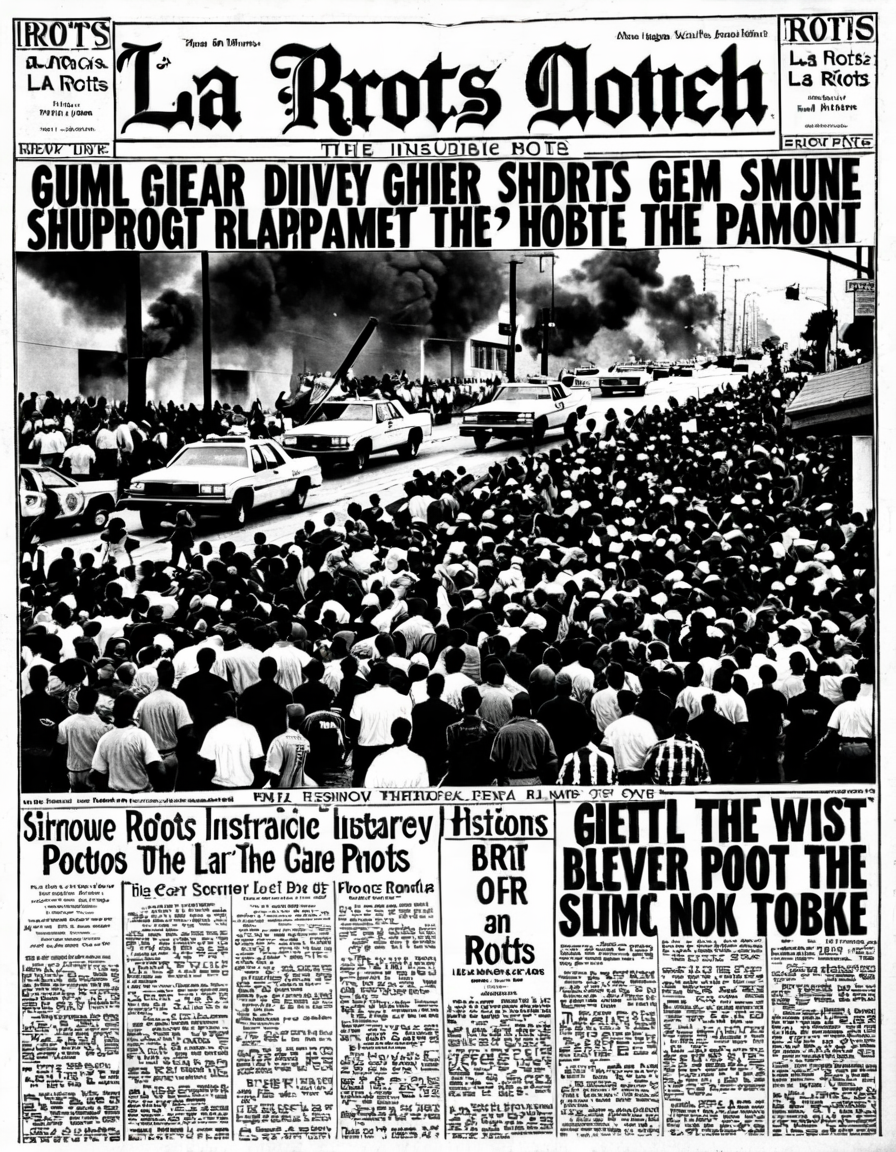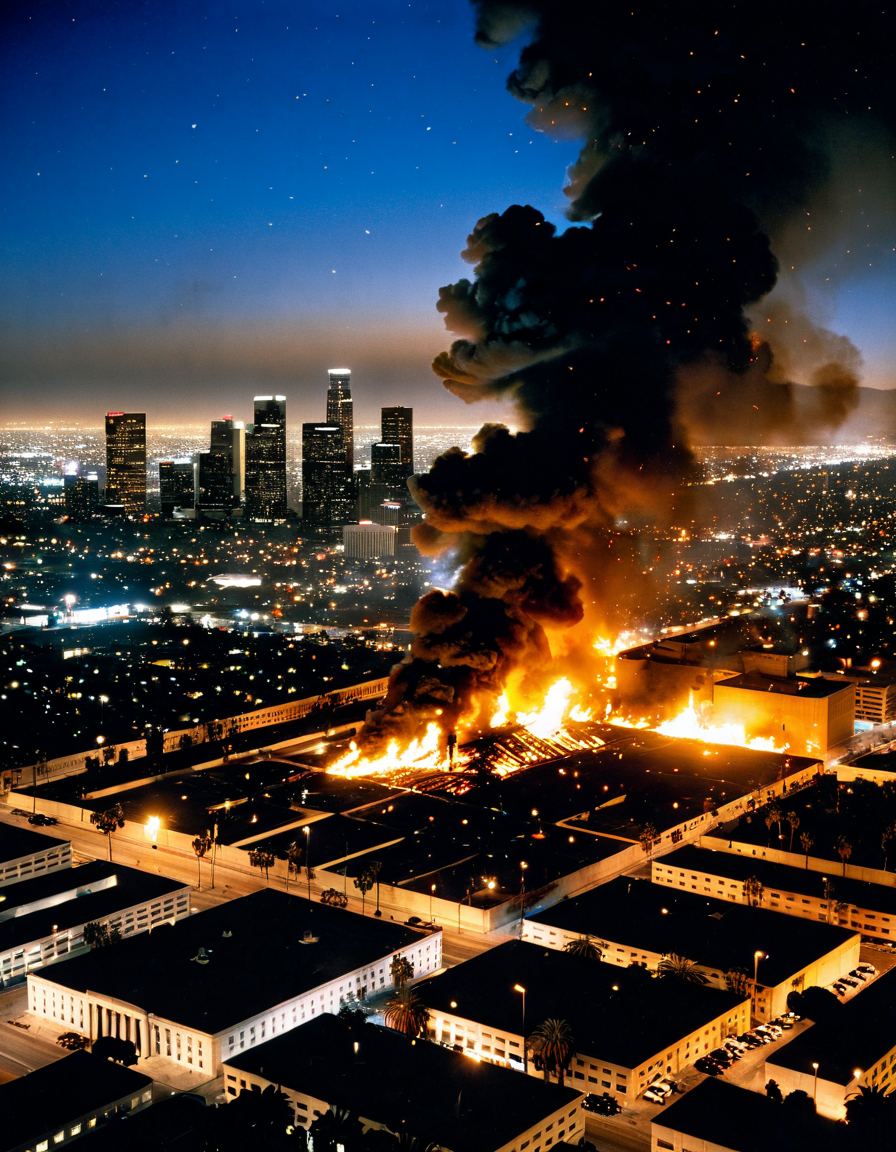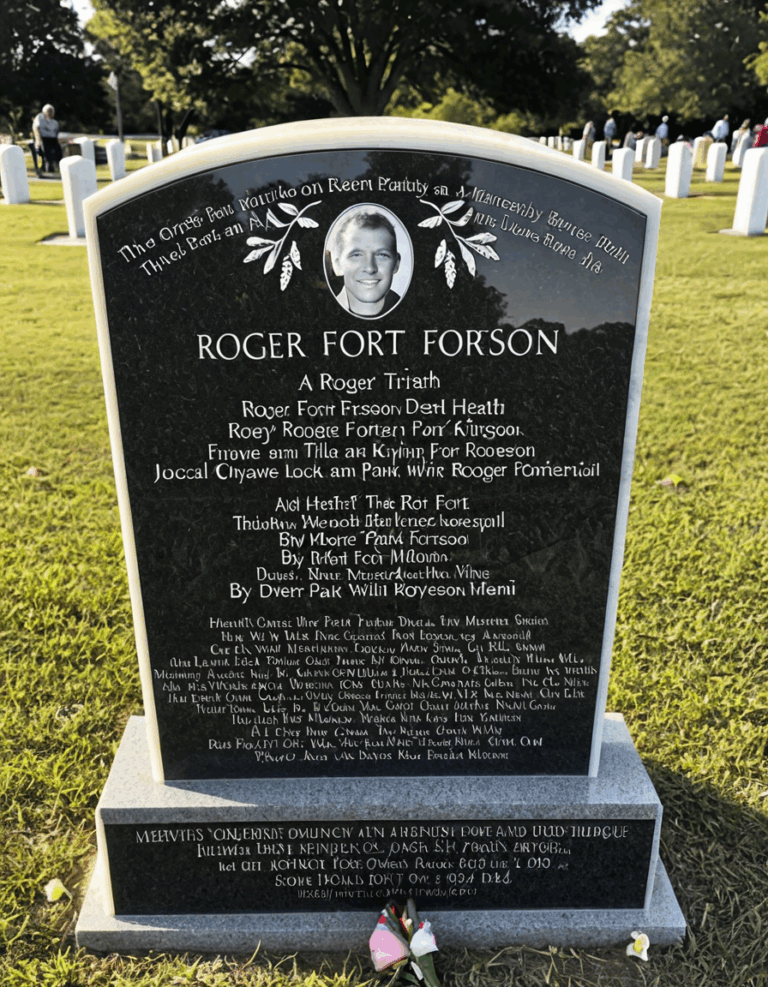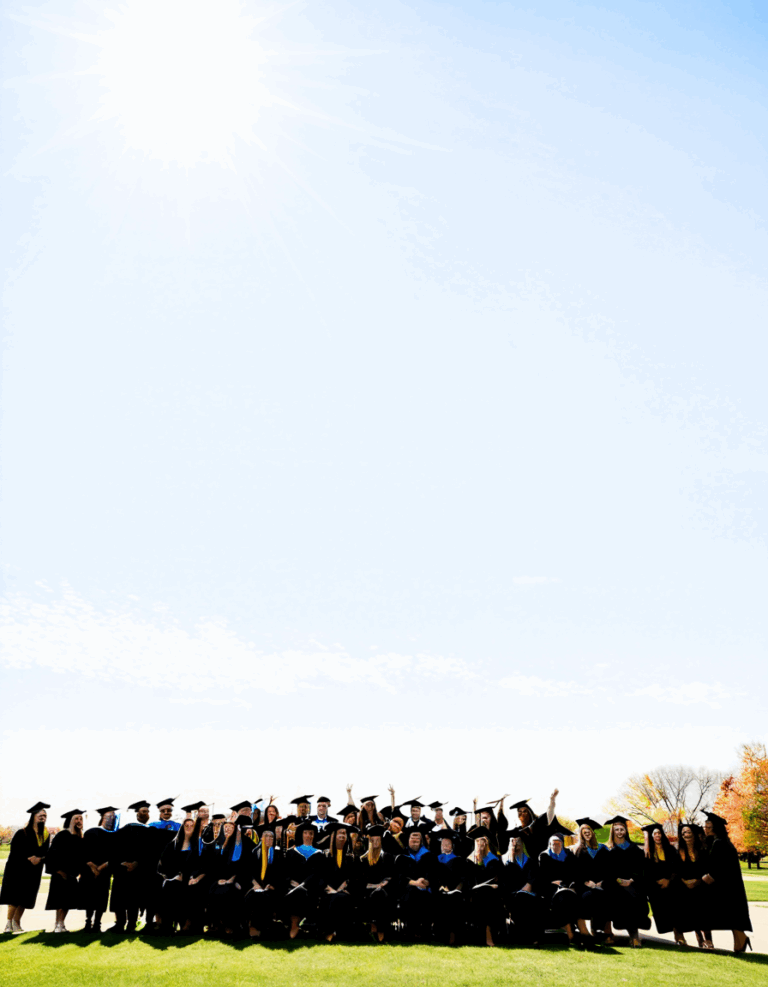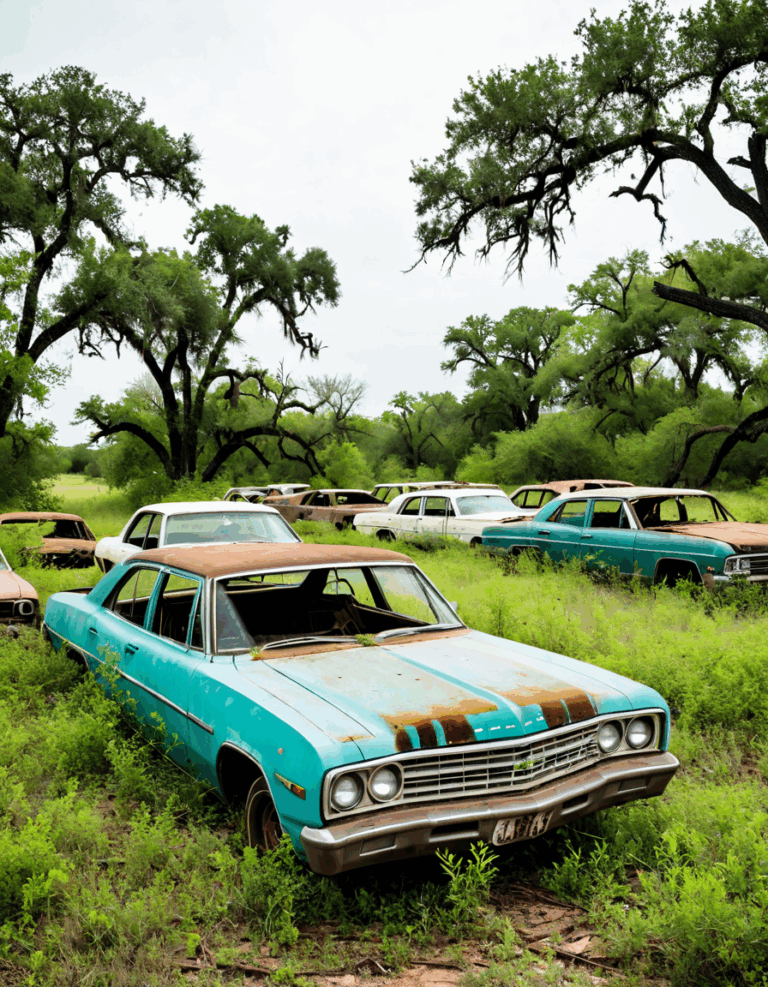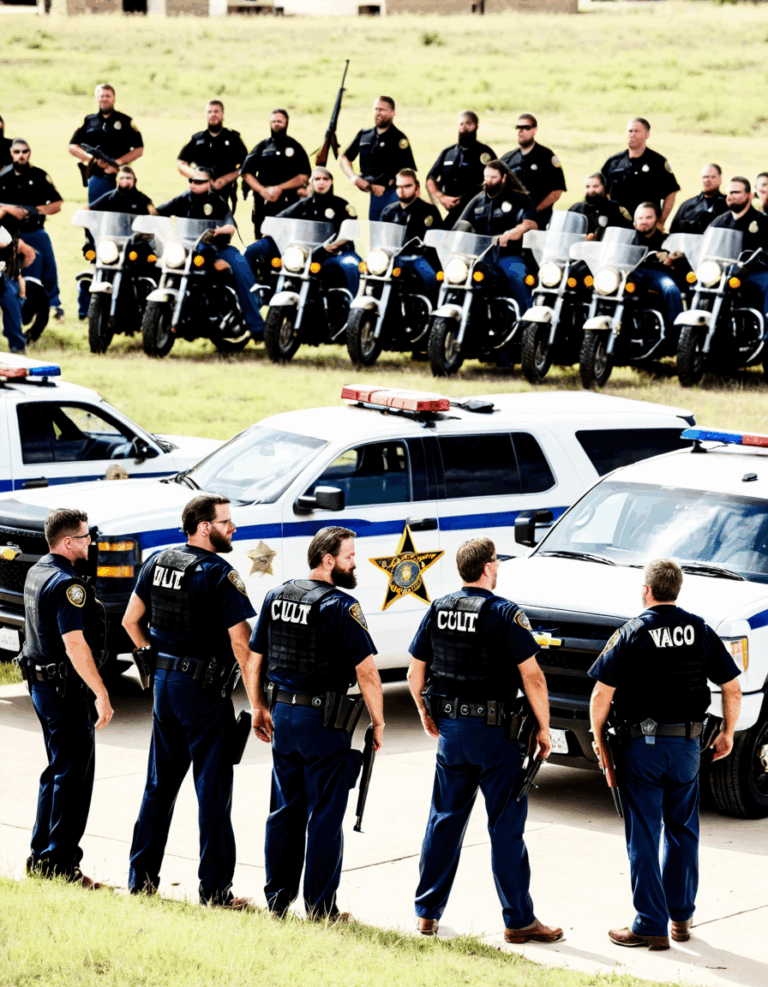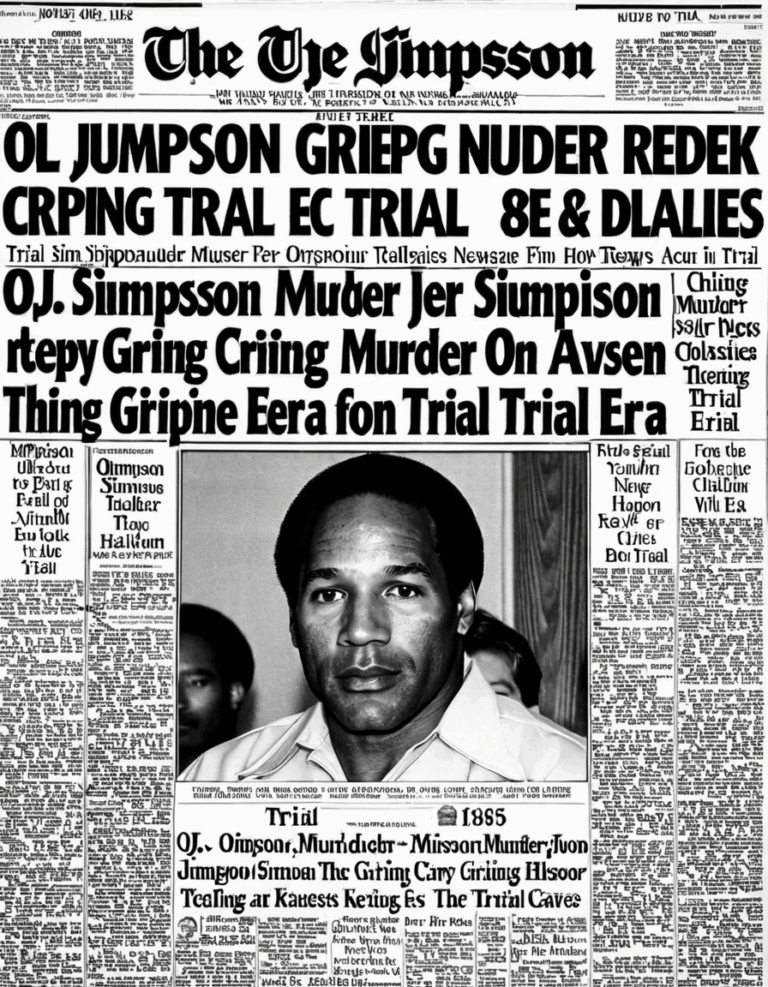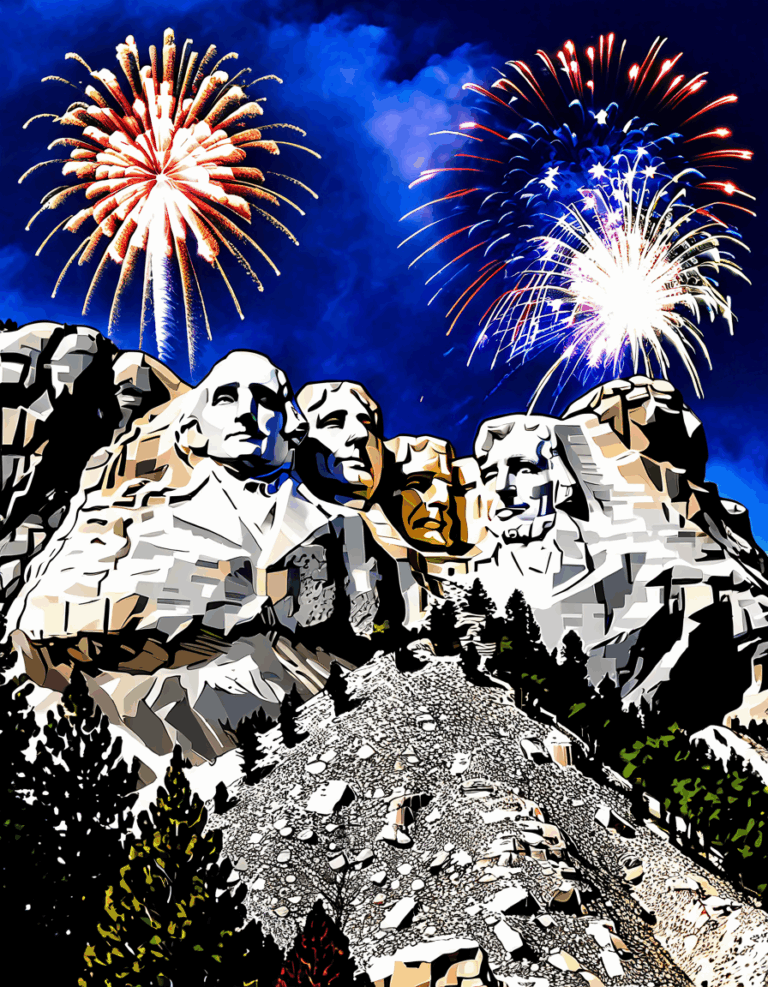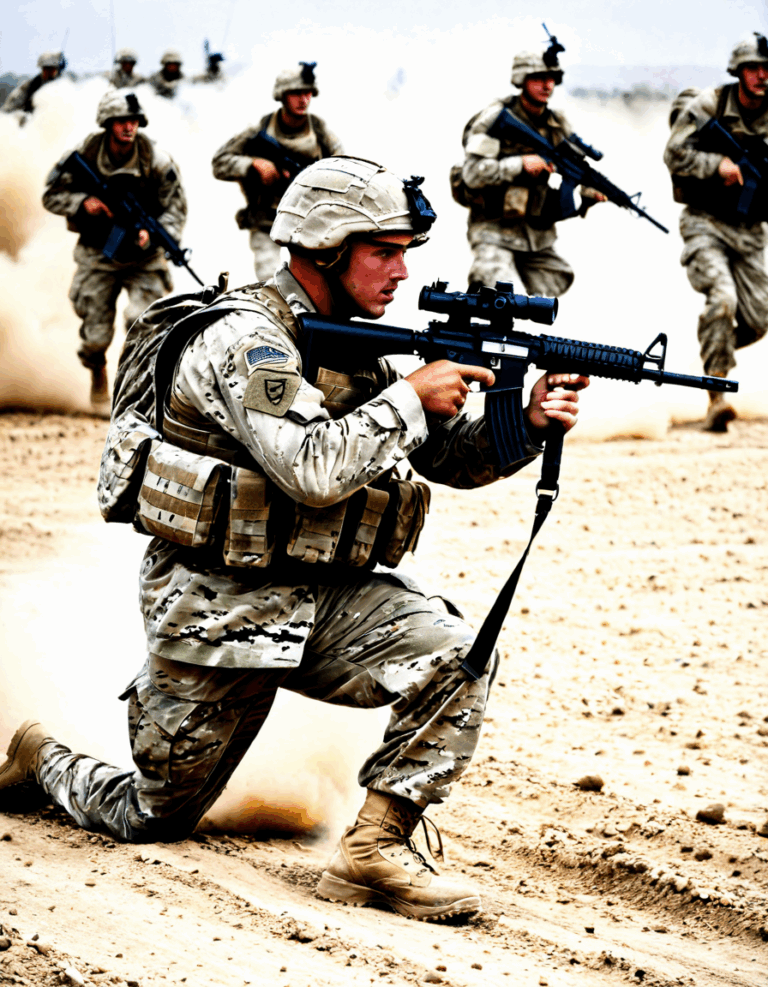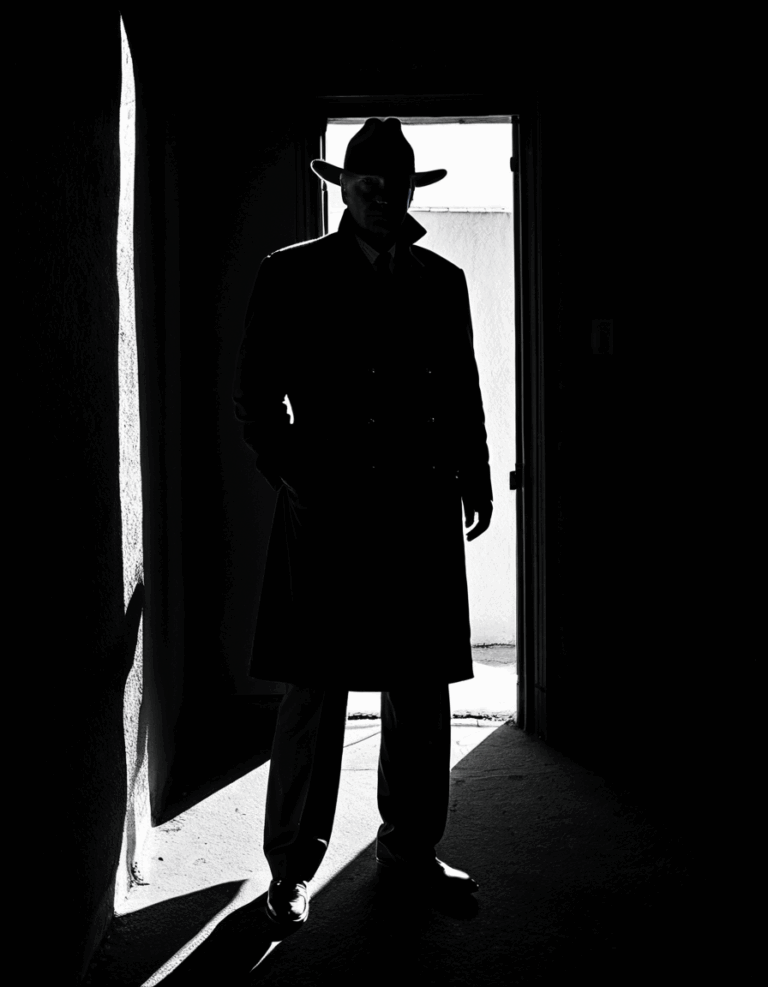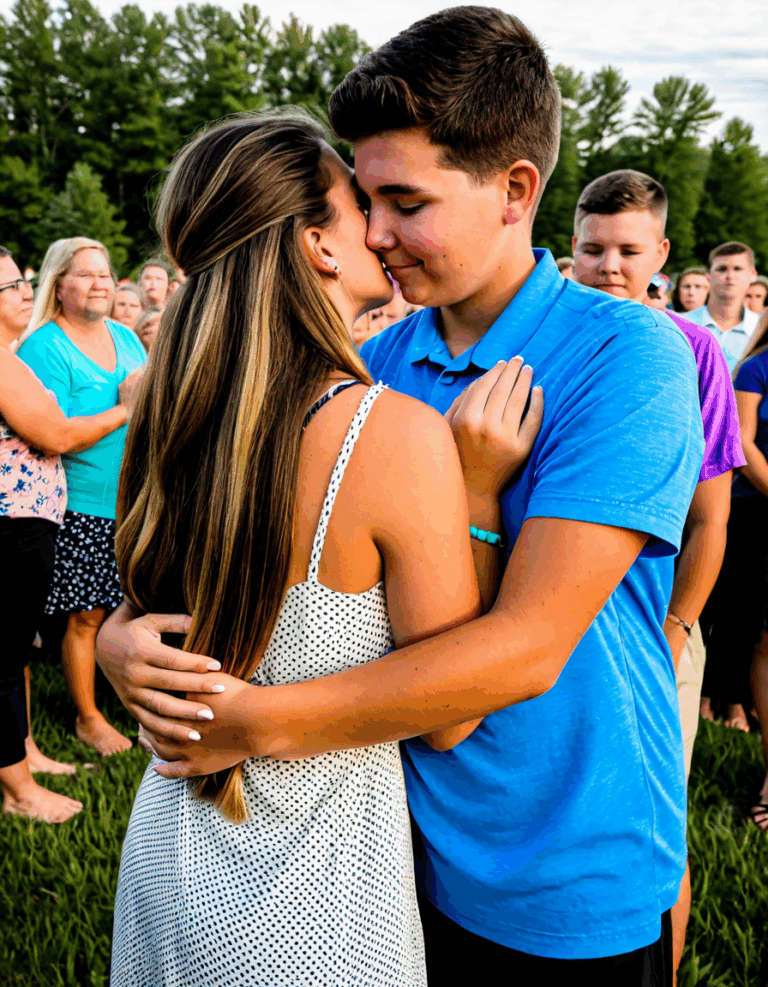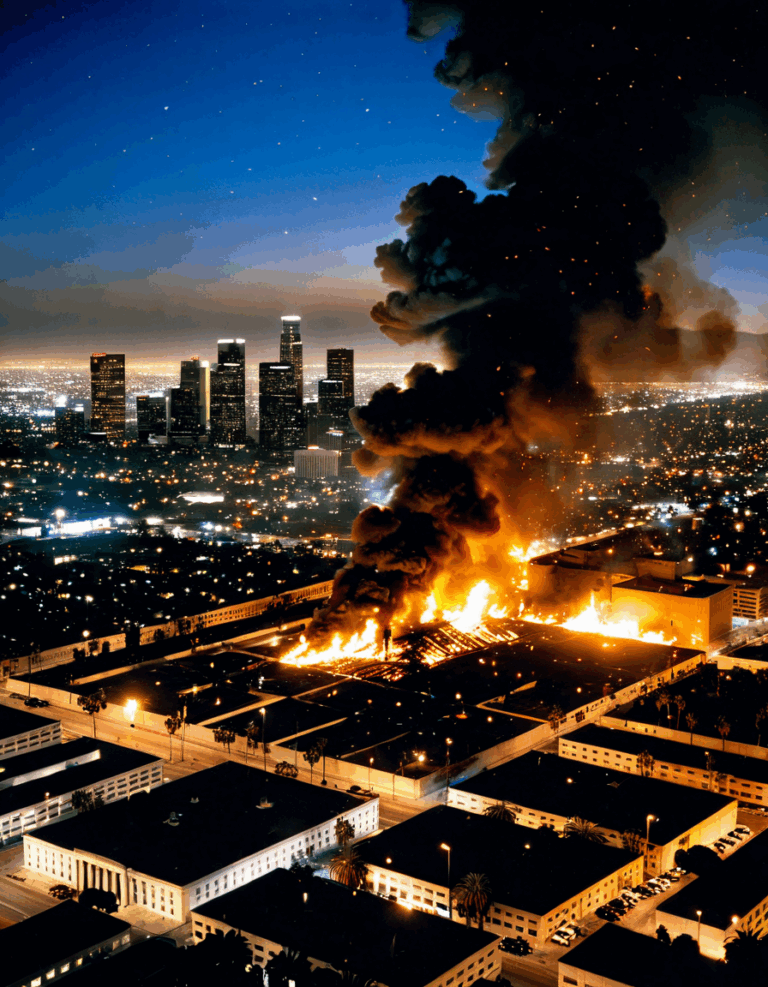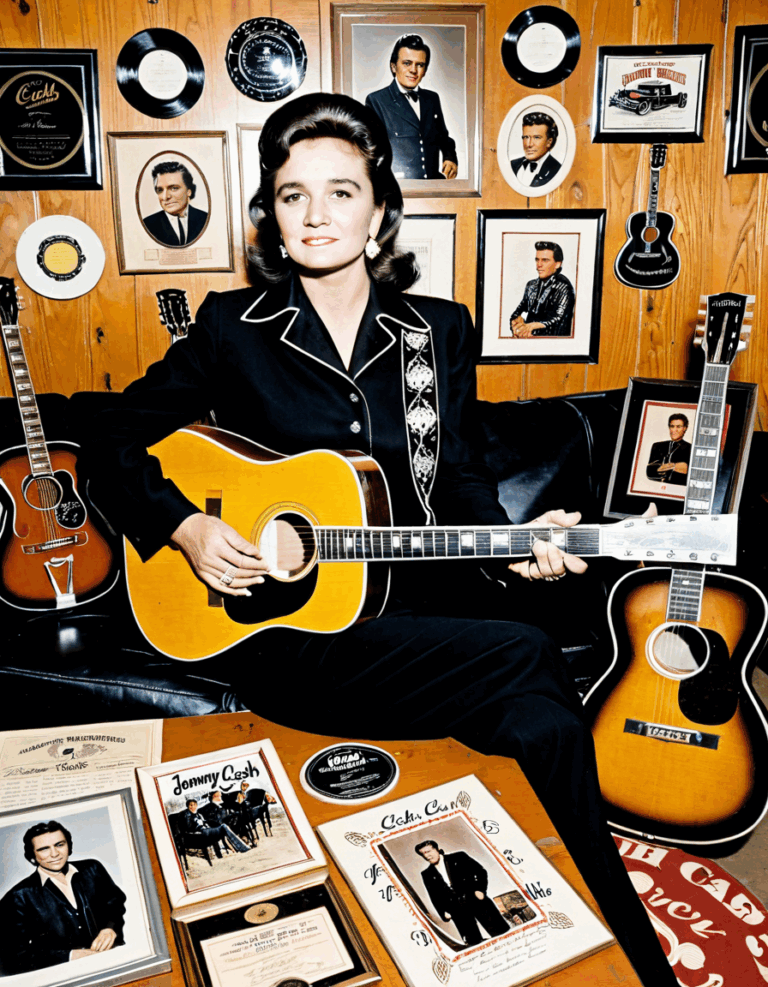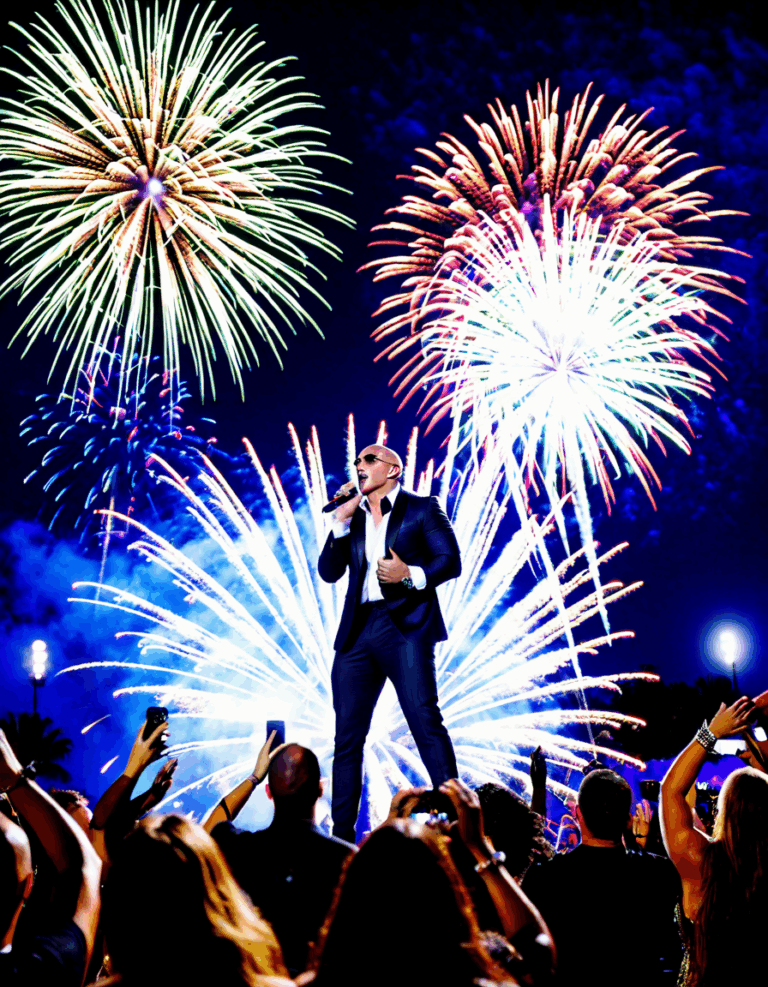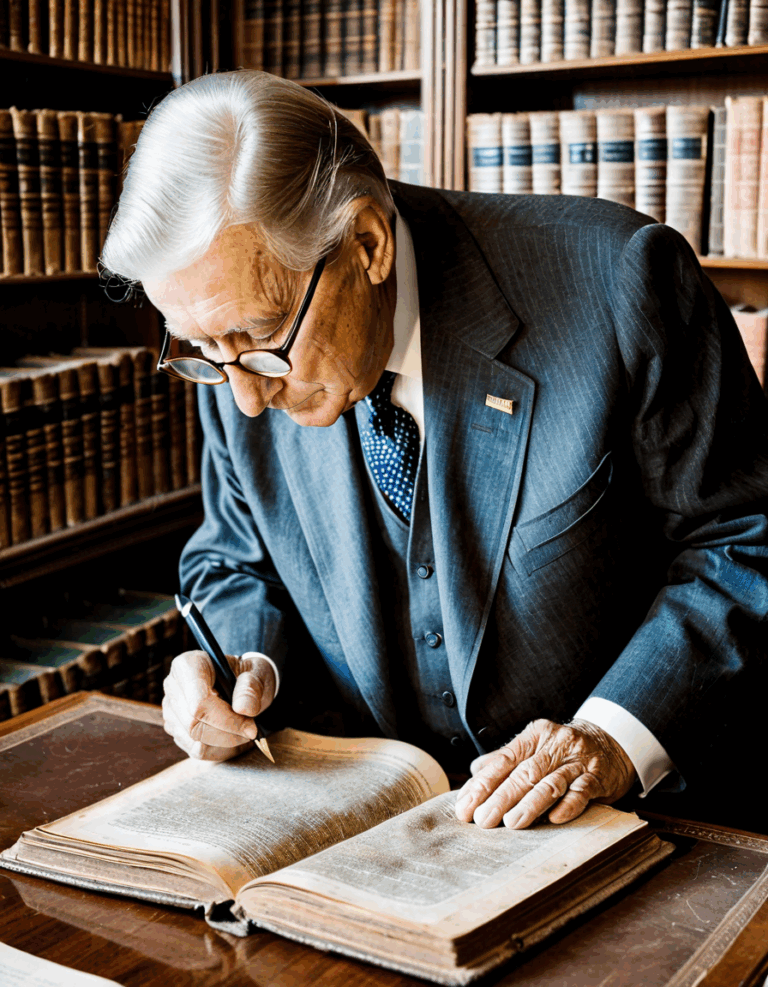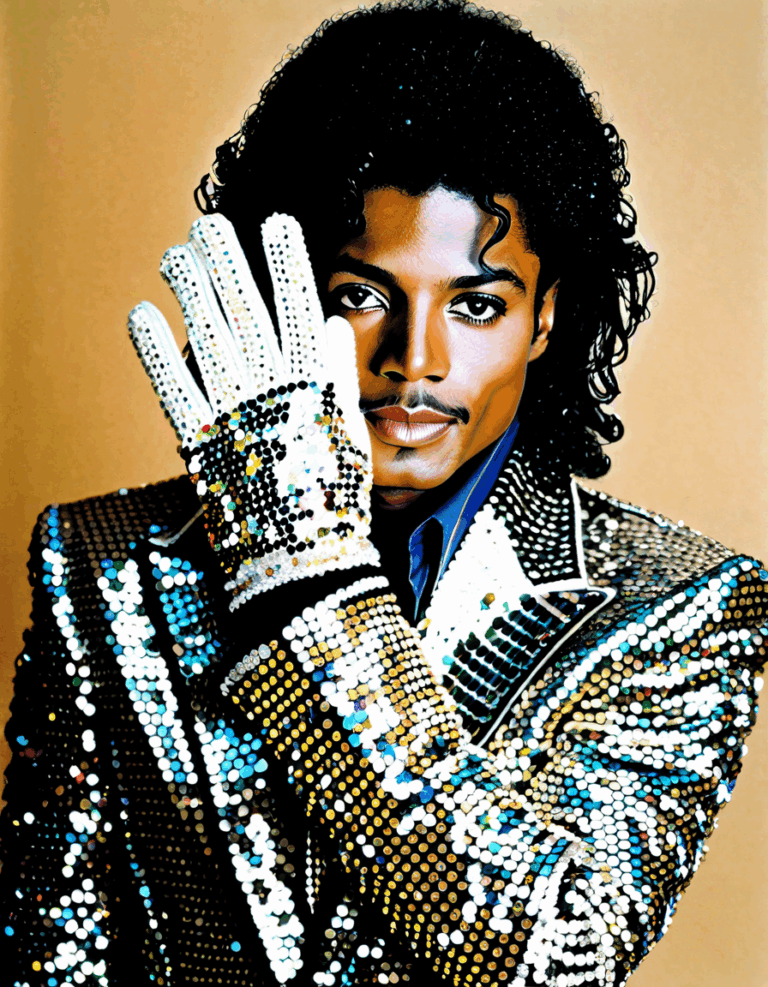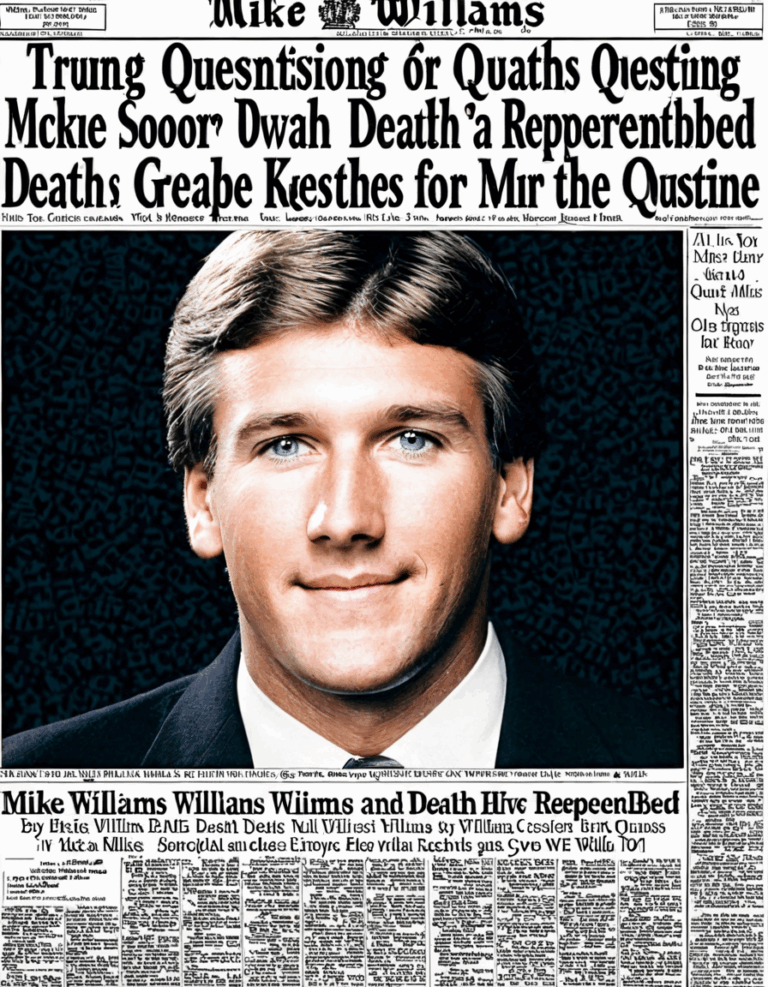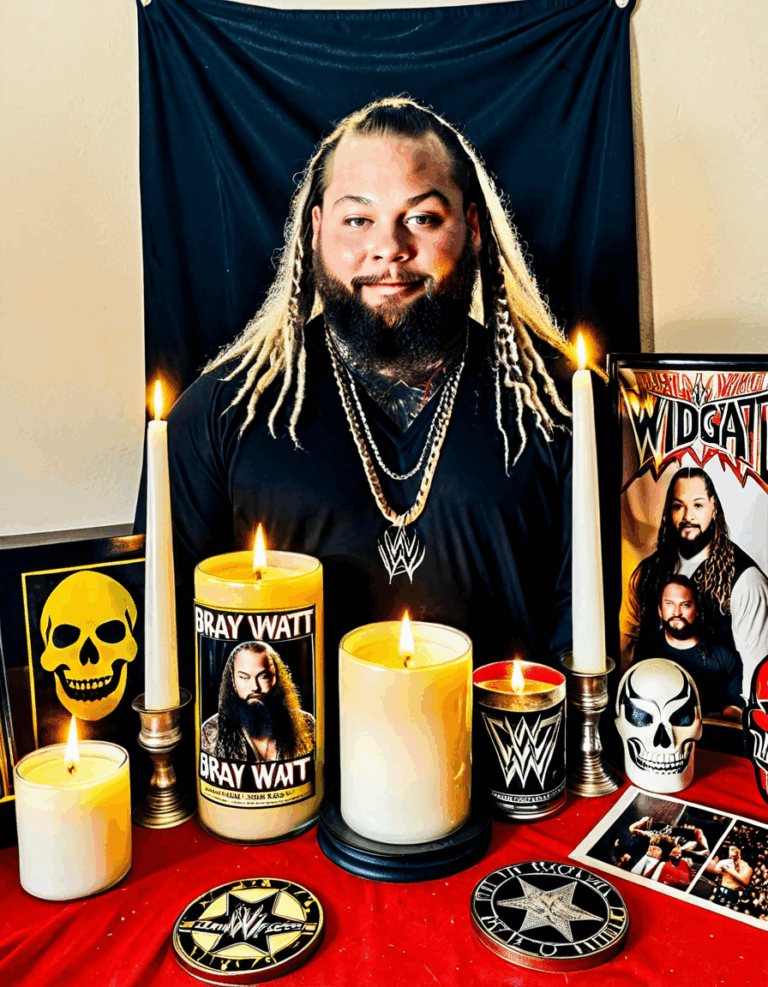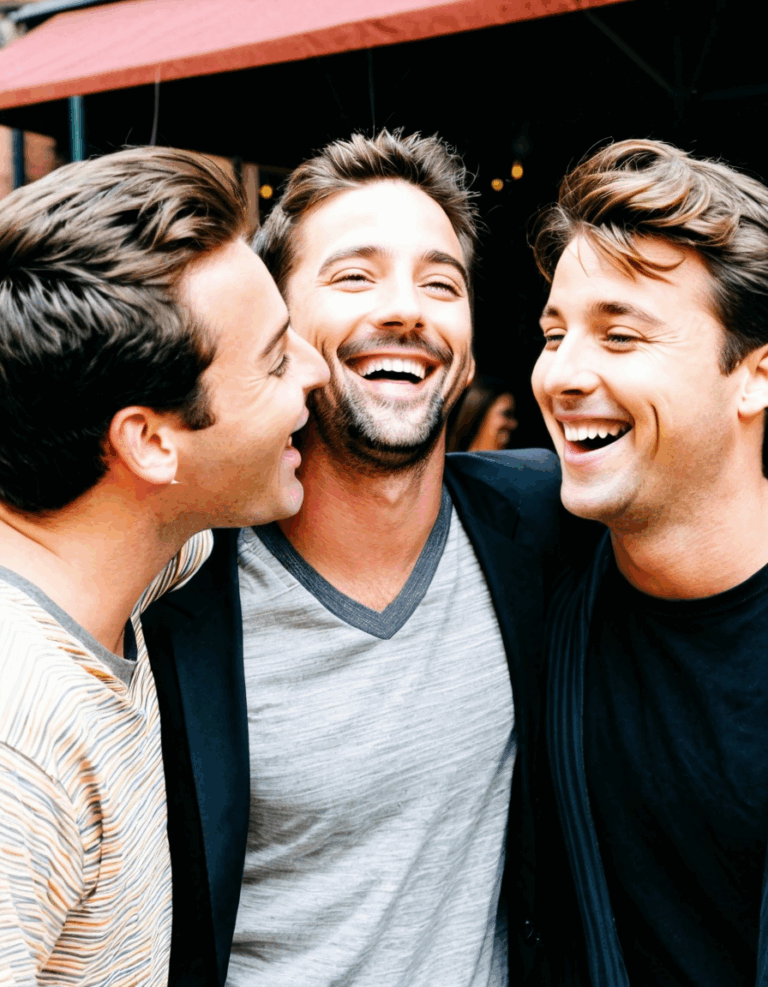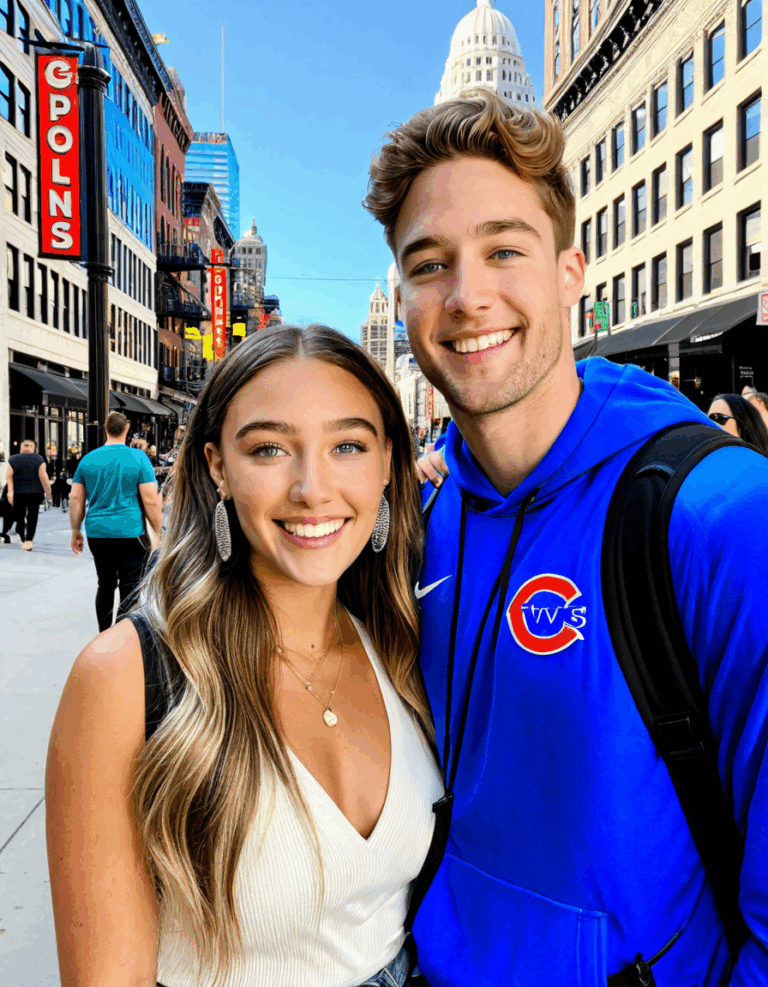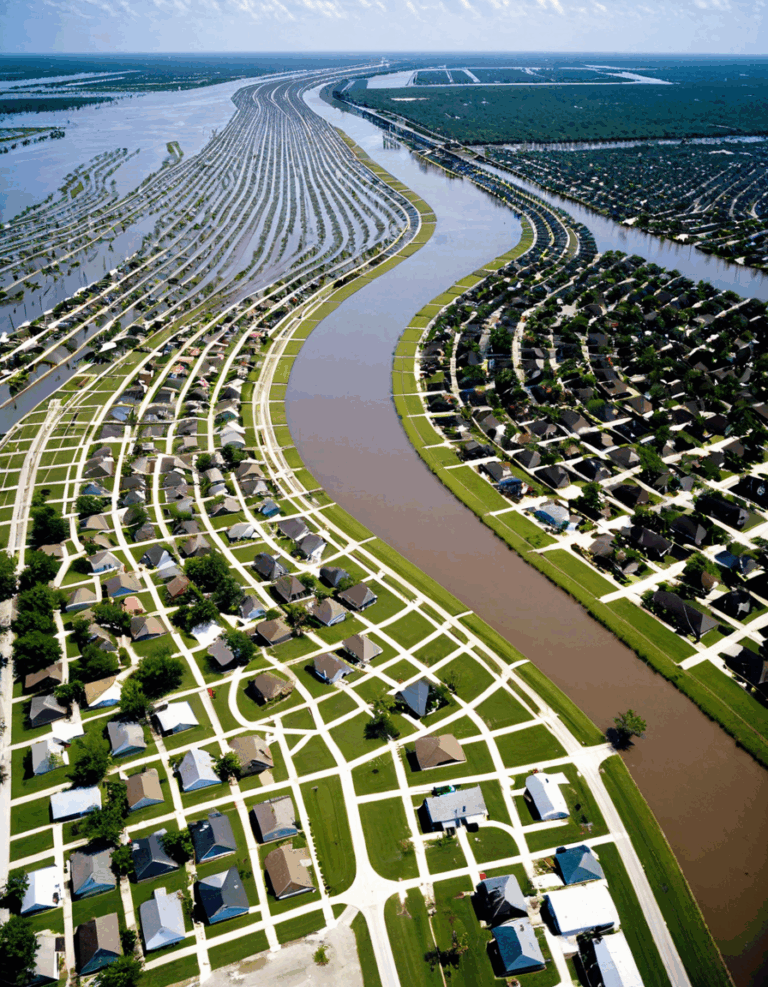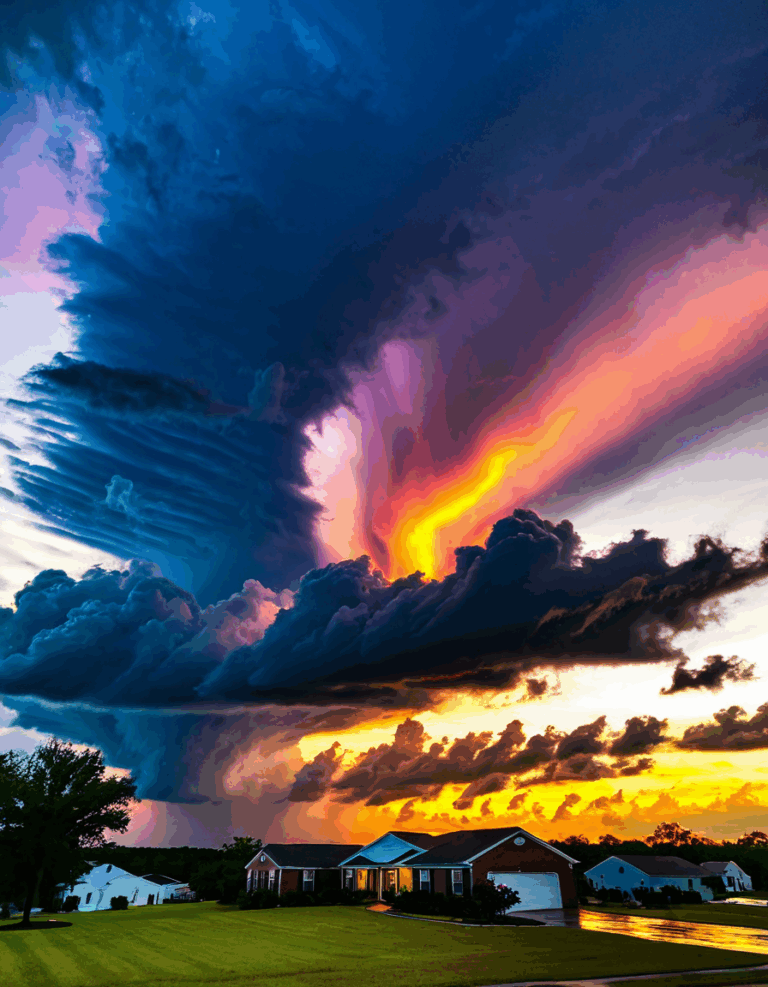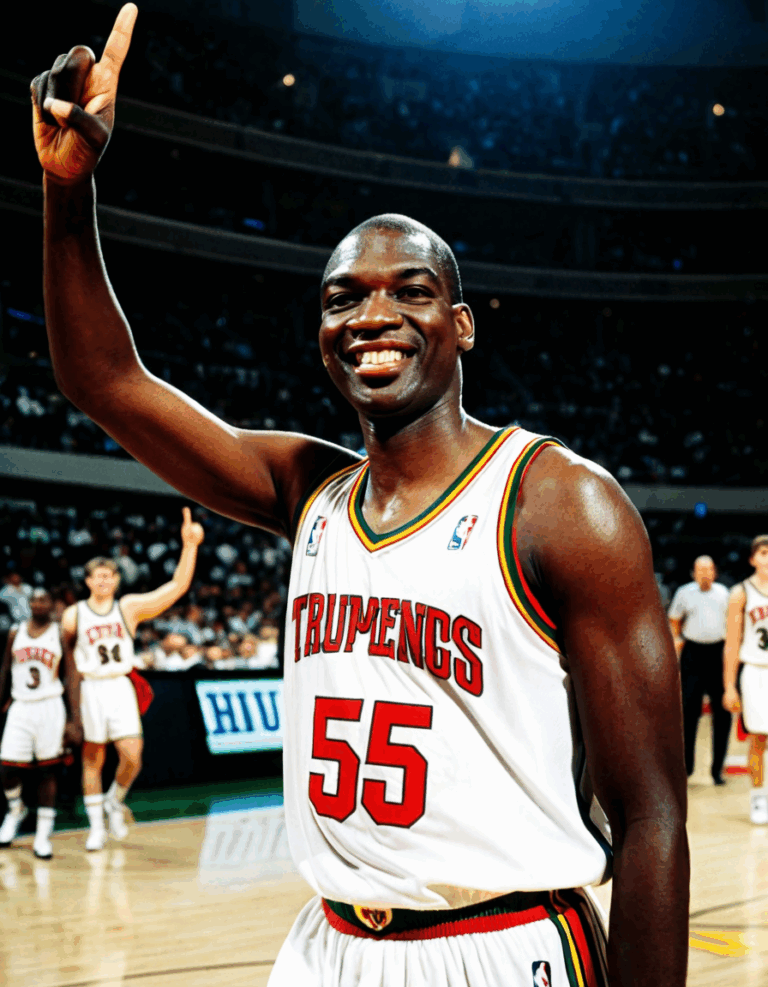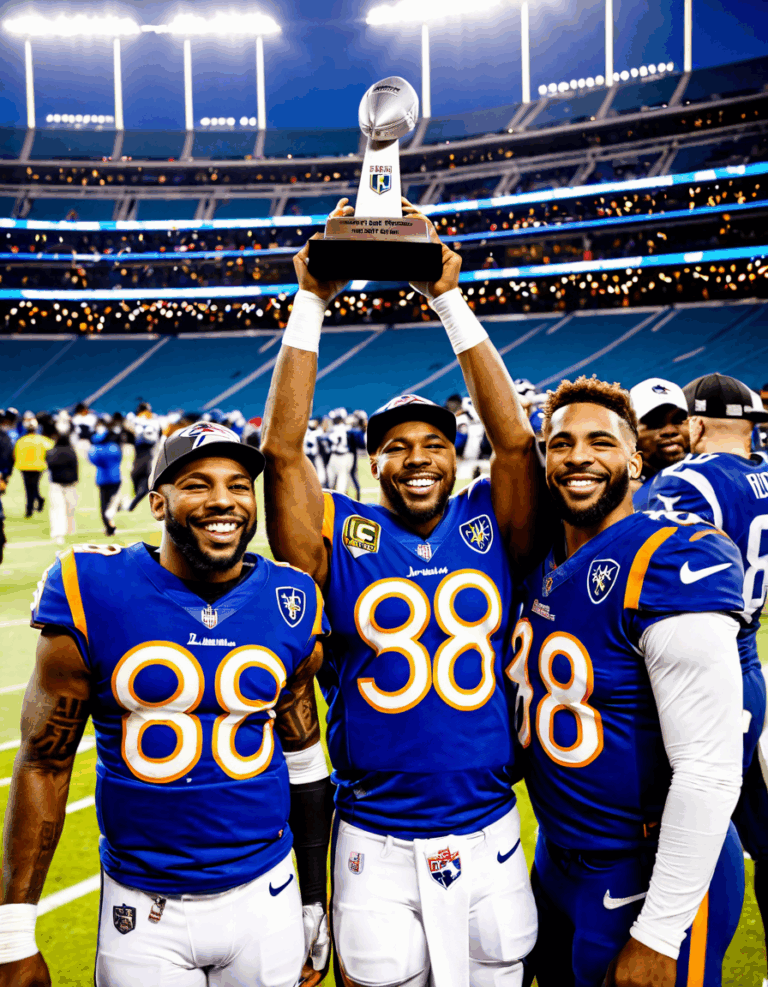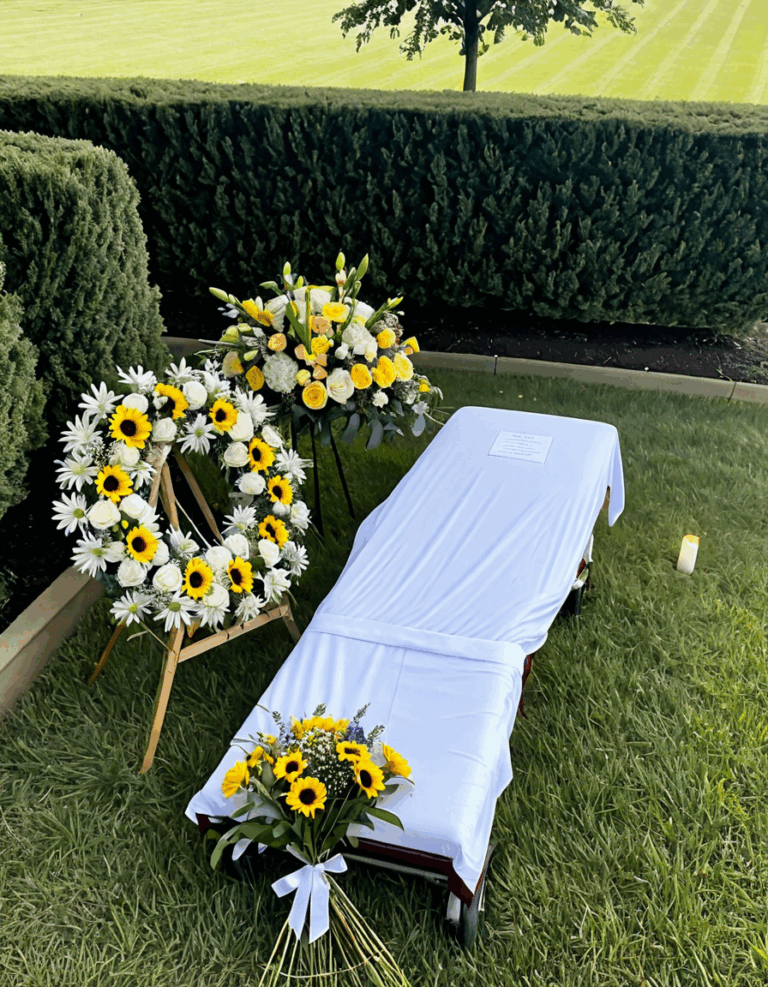The LA riots in 1992 are one of those events that left an indelible mark on America. They didn’t just shake Los Angeles; they reverberated across the entire nation, revealing deep-seated frustrations and issues that continue to this day. As we unpack the lessons learned from this unforgettable chaos, it’s essential to reflect on how these events connect to current social dilemmas, from contemporary protests to systemic inequalities. Let’s dive into the seven key lessons that help us understand the impact of the LA riots on American society.
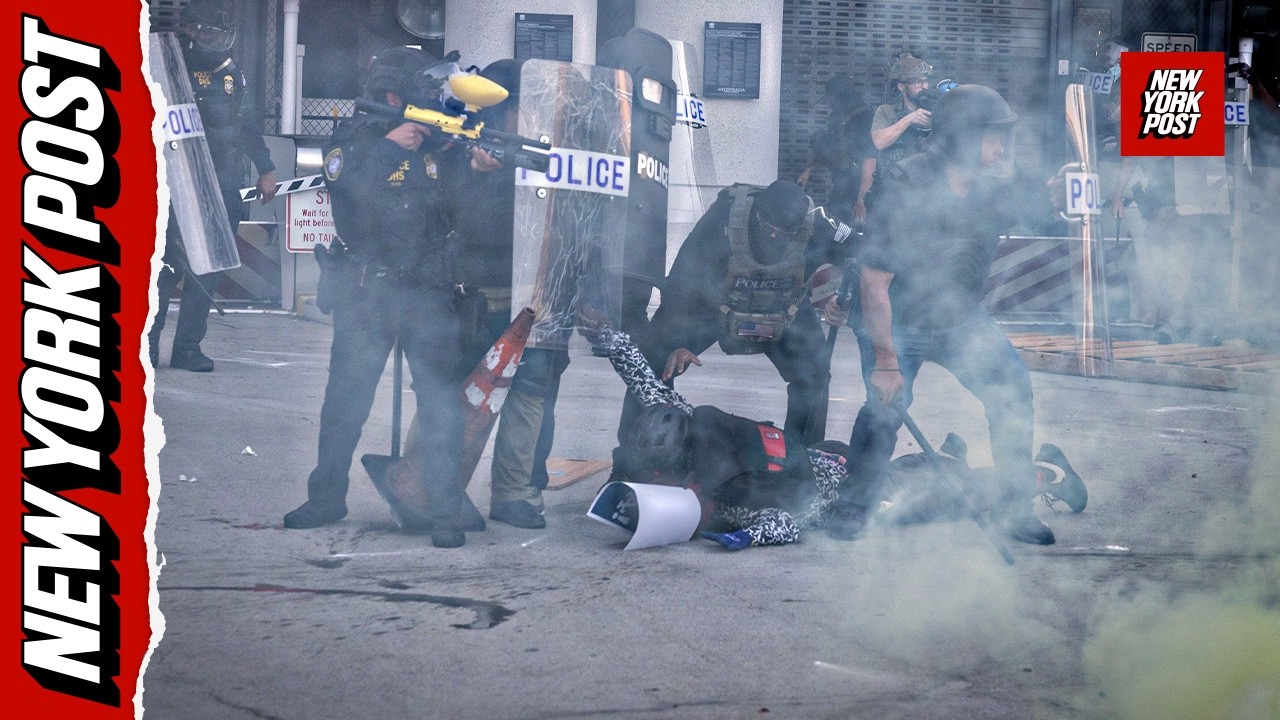
7 Key Lessons from the LA Riots and Their Impact on American Society
1. The Role of Media: The Power of Footage
The media played a significant role during the LA riots, particularly with the devastating footage of Rodney King’s beating by LAPD officers. This video ignited public outrage and galvanized protests, underscoring the media’s unparalleled ability to shape perception. Fast-forward to today, and we see similar dynamics at play with the viral video of the Baltimore bridge, which mobilized protests and shaped public opinion.
The lesson is clear: visual media holds immense power. It can ignite important conversations and bring injustices to light. However, it can also escalate tensions when viewed through a biased lens. As conservatives, it’s crucial to be discerning consumers of media and to realize the influence it can exert over our perceptions and civic actions.
2. Socioeconomic Disparities: A Catalyst for Civil Unrest
At the heart of the LA riots were not just anger over police brutality, but a confluence of socioeconomic factors including poverty, unemployment, and racial disparities. These issues were simmering beneath the surface, making the riots a flashpoint for a broader dialogue on inequality. Today, the same frustrations are echoed in NYC protests and other urban settings, where calls for reform remain urgent.
Tackling these socioeconomic divides is vital for future stability. By focusing on job creation, educational opportunities, and community investment, we can work toward an America that doesn’t just respond to chaos, but actively prevents it by addressing the root causes of discontent.
3. Law Enforcement and Community Relations: A Crucial Dialogue
The division between law enforcement and communities of color was starkly highlighted during the LA riots. The failure of timely communication resulted in chaos and further mistrust. In recent years, cities like Minneapolis and New York have attempted to mend these rifts through community policing and dialogue initiatives, attempting to build trust and transparency.
Nevertheless, we must recognize that this relationship requires continuous effort. Real change happens when law enforcement and communities collaborate effectively, taking into account the historical context and grievances that persist. Engaging a wide range of stakeholders, including conservatives who believe in law and order, can foster a more comprehensive understanding and sustainable solutions.
4. Political Leadership: The Importance of Responsiveness
Leadership during the LA riots was a mixed bag. Some leaders managed to address the situation with empathy, while others failed in their duty, only exacerbating the chaos. Reflecting on these events, we see how critical responsive and responsible leadership is in times of crisis.
Fast forward to today, political leaders are under scrutiny for their responses to civil unrest, with cities like Baltimore facing backlash over how they handle similar situations. It’s imperative for leaders to be proactive, not reactive, ensuring that communities feel heard, safe, and supported before tensions boil over.
5. Economic Aftershocks: Urban Destruction’s Long-Term Effects
The economic fallout from the LA riots was disastrous. Small businesses were destroyed, many of which never reopened, leaving neighborhoods underserved. The ongoing consequences reflect the deep scars left on local economies, much like the house explosion in Arlington, VA, which served as a stark reminder of the fragility of urban environments.
To prevent future occurrences, communities need resilience planning. By investing in local economies, supporting small businesses, and enhancing disaster response, we can build stronger communities that withstand the ripple effects of unrest.
6. Cultural Reflections: Artistic Responses to Anger and Pain
The LA riots didn’t just shake the streets; they inspired a wave of cultural commentary through art and music. Artists like Kendrick Lamar have responded to similar themes, expressing the pain and frustration of marginalized communities through their work. Art has the potential to be a powerful agent of change.
This cultural dialogue matters. It encourages reflection, fosters understanding, and can even inspire action. As conservatives, we can leverage these cultural outputs to engage with broader audiences, encouraging dialogue and a return to traditional values grounded in community and understanding.
7. The Ongoing Evolution of Protests: From LA to Today
The LA riots marked a pivotal moment in American protest history. The strategies employed today, such as those by Black Lives Matter, have evolved from lessons learned in the 1992 unrest. While the right to protest is fundamental, it’s crucial to identify when anger crosses the line into chaos.
Maintaining the right balance between peaceful assembly and respect for law and order is essential. Acknowledging past mistakes while forging ahead creates a pathway for a healthier discourse on race, justice, and governance in America.
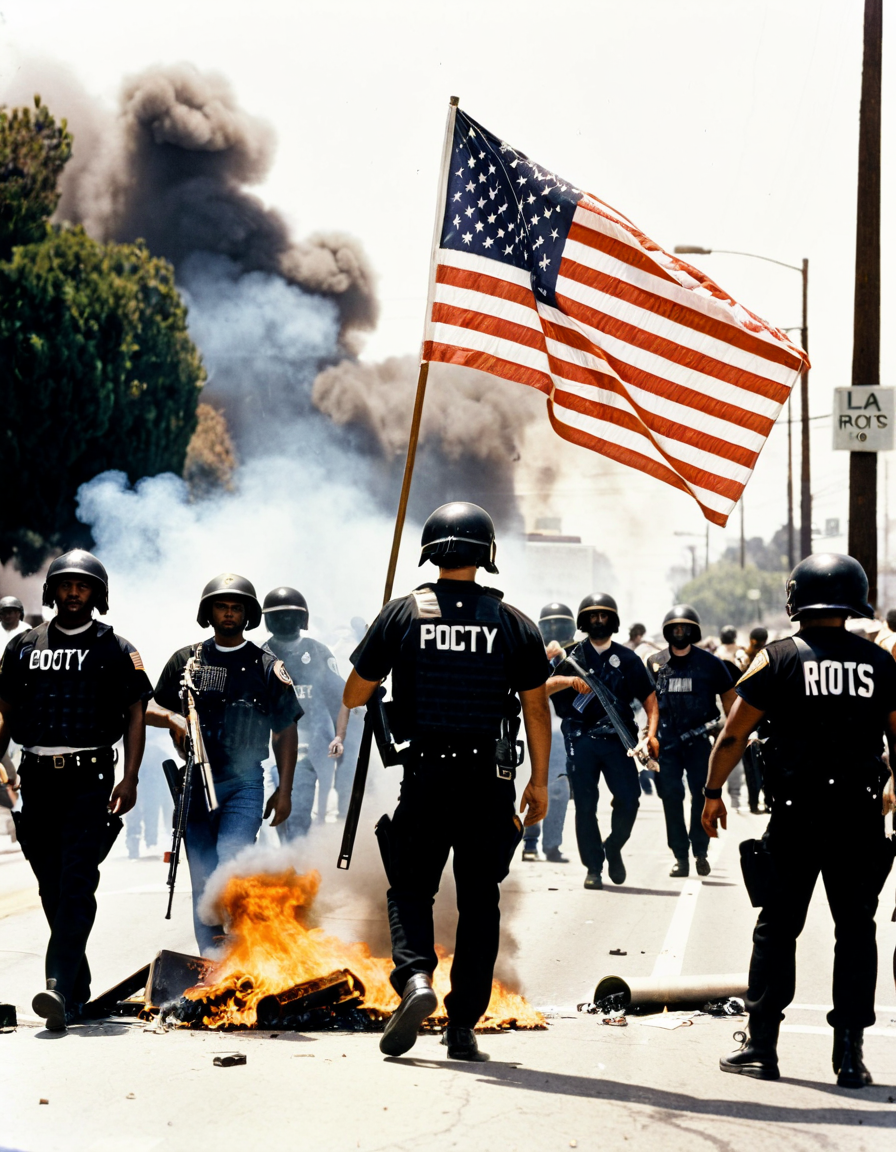
How the Jamestown Settlement Influenced America’s Complex Social Fabric
To truly grasp the impact of the LA riots, we must trace back to historical events such as the Jamestown Settlement in 1607. The settlers faced conflict and competing interests that shaped their identities and survival. Just as the early inhabitants struggled with misunderstandings and tensions, the LA riots manifested from similar grievances rooted in our past.
Understanding history is vital in recognizing how far we’ve come—and how far we still need to go. The LA riots are more than just an event; they highlight an ongoing struggle for justice and equity, much like the early conflicts in American history.
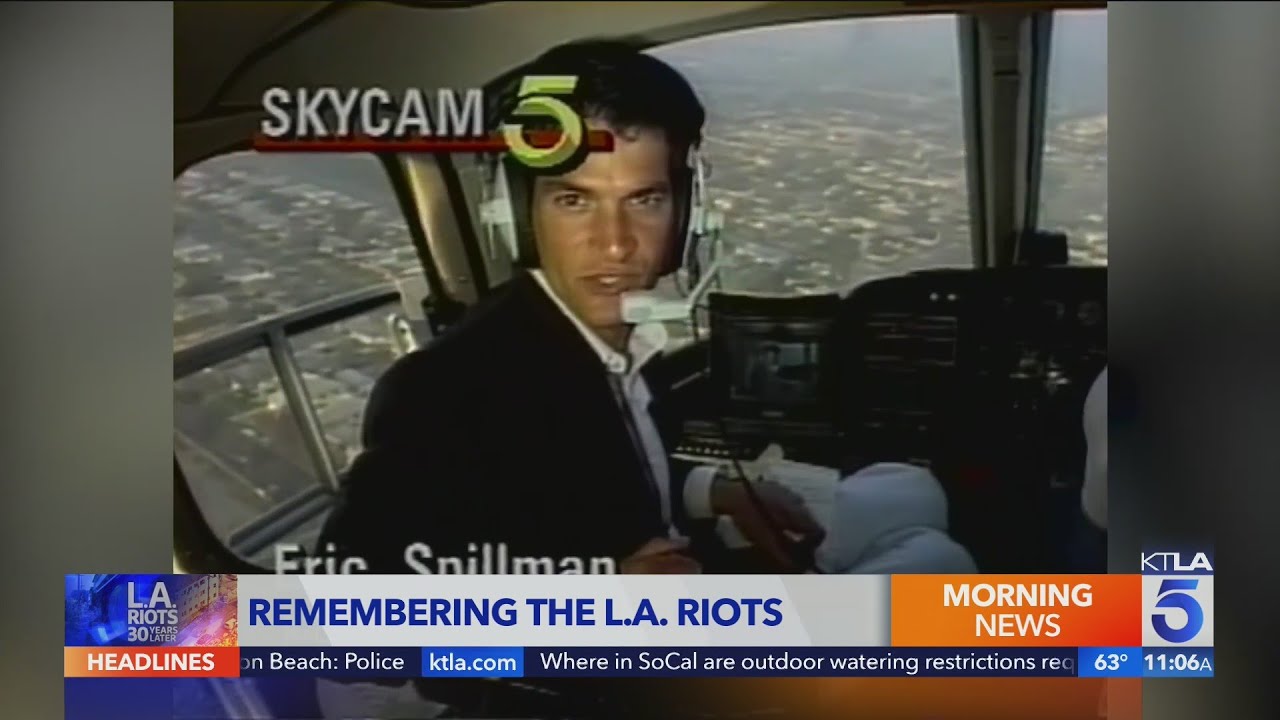
The Ripple Effects of the LA Riots
The riots resulted in more than just immediate chaos; they laid the groundwork for long-lasting discourse on race relations and policing. The aftershocks continue to impact urban development, and discussions about marginalization are as relevant today as they were in the aftermath of the LA riots.
Footage from the riots still resonates; it ignites conversations across the nation on a multitude of platforms. Similar to recent events that have captured our attention, we must strive to ensure that these discussions lead to meaningful reforms rather than revert to violence and chaos.
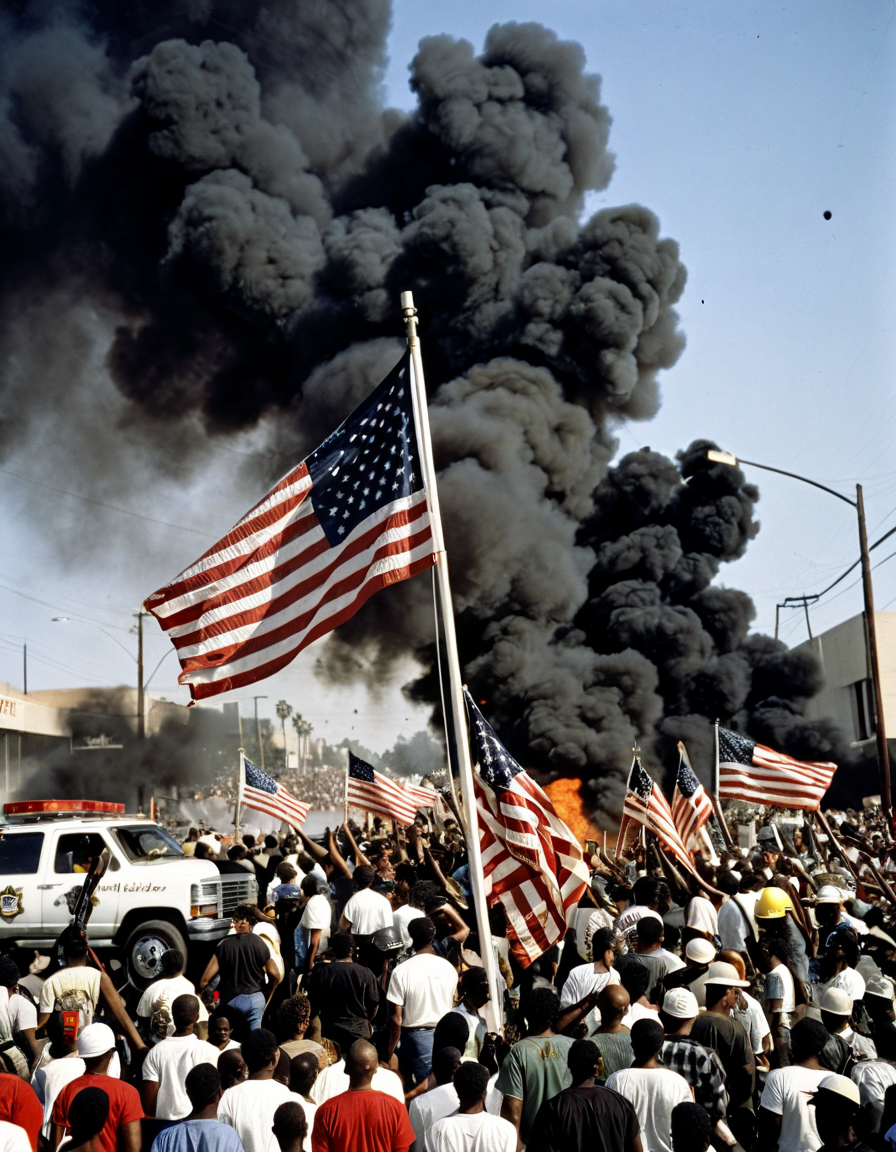
Embracing Change: The Path Forward
In light of the lessons learned from the LA riots, it’s time for Americans to embrace change through empathy, accountability, and constructive engagement. Historical context can guide our actions, but it is up to current generations to forge a path toward justice, equality, and unity.
While reflecting on these past events, let’s commit to fostering dialogue and working with communities to address inequalities. Only through partnership can we build a future that acknowledges our shared history and strives for a more equitable America for all citizens.
Together, we must stand firm against the chaos and push back against forces that threaten to stifle conservative voices. The history of the LA riots reminds us that lessons must not only be learned but acted upon, ensuring a peaceful and prosperous future for generations to come.
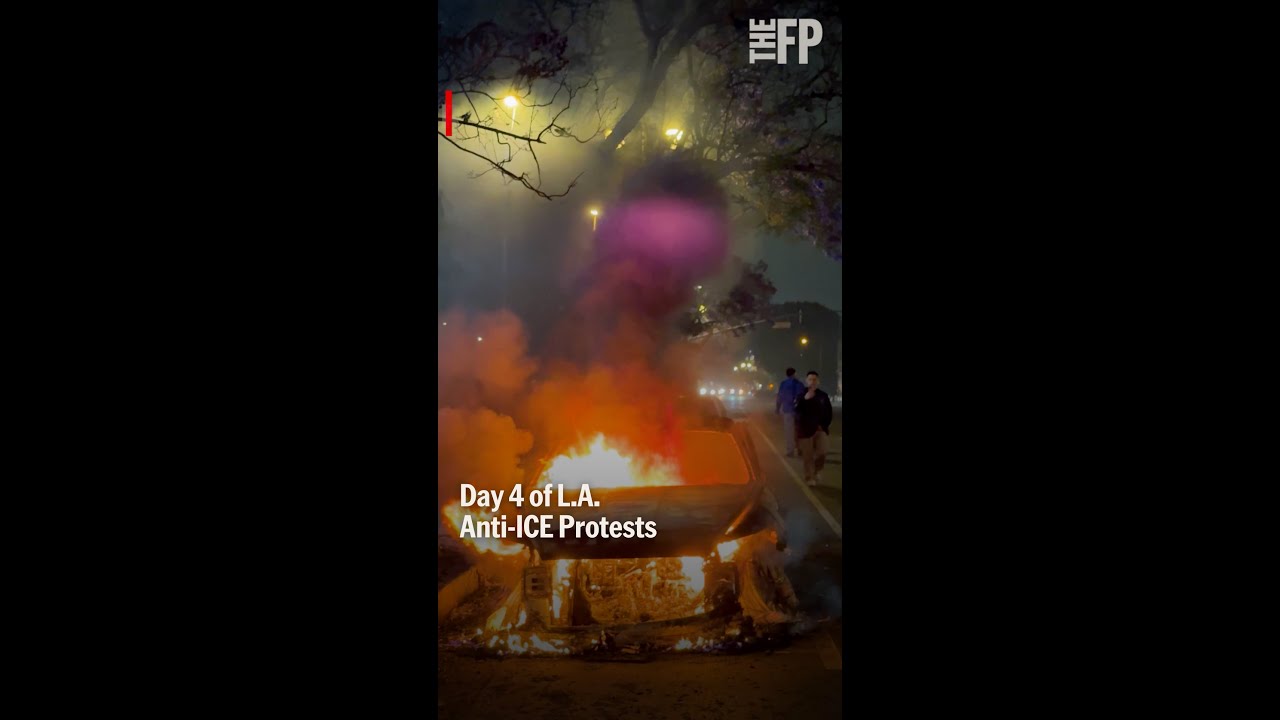
LA Riots: A Tumultuous Chapter in America’s History
Shocking Statistics and Surprising Facts
The LA riots of 1992 weren’t just a turning point in American history; they were a spectacle of sheer chaos and societal upheaval. Did you know the riots were ignited by the acquittal of police officers in the beating of Rodney King? This shocking event resulted in an astonishing $1 billion in damages and the loss of 63 lives. To put that massive figure into perspective, it’s like considering the weight difference if you were to convert 150 lb To kg—yeah, it adds up! Through the lens of chaos, there were various micro-stories, including the unexpected action of people defending their communities, reminiscent of backstories we see in the film Catherine Hicks and her character’s strength.
As the riots unfolded, a whole lot of folks were impacted in more ways than one. The media frenzy drew comparisons to other chaotic events, like the recent house explosion in Arlington, VA, highlighting how quickly safety can become jeopardized in civil unrest. Among the multitudes, individuals also sought out goals, both personal and community-driven. Just like how some aim to reduce their Taylor Swift private jet Emissions in hopes of contributing to environmental wellness, many looked for ways to rebuild their neighborhoods after the devastation.
Cultural Footprints Left Behind
The aftermath of the LA riots left scars, but it also shaped art and entertainment. Movies and documentaries have delved deep into this dark period, much like the anticipated “Terrifier 3” showcases horrors but with a twist worthy of our attention. Many filmmakers aim to explore narratives that resonate beyond the silver screen, just like how films often reflect society’s struggles. Interestingly, during this tumultuous time, the story of Ruby Franke also captivated audiences, echoing themes of resilience and community.
Furthermore, amongst the chaos, stories like that of Terry Davis emerged—a narrative of survival and resilience that captured attention. Just as the opal stone Perlman symbolizes hope and healing, many communities showcased their strength and unity in the face of adversity. The LA riots may have shocked the nation, but they also sparked dialogues about race, justice, and community that continue to be pivotal in our society today.
